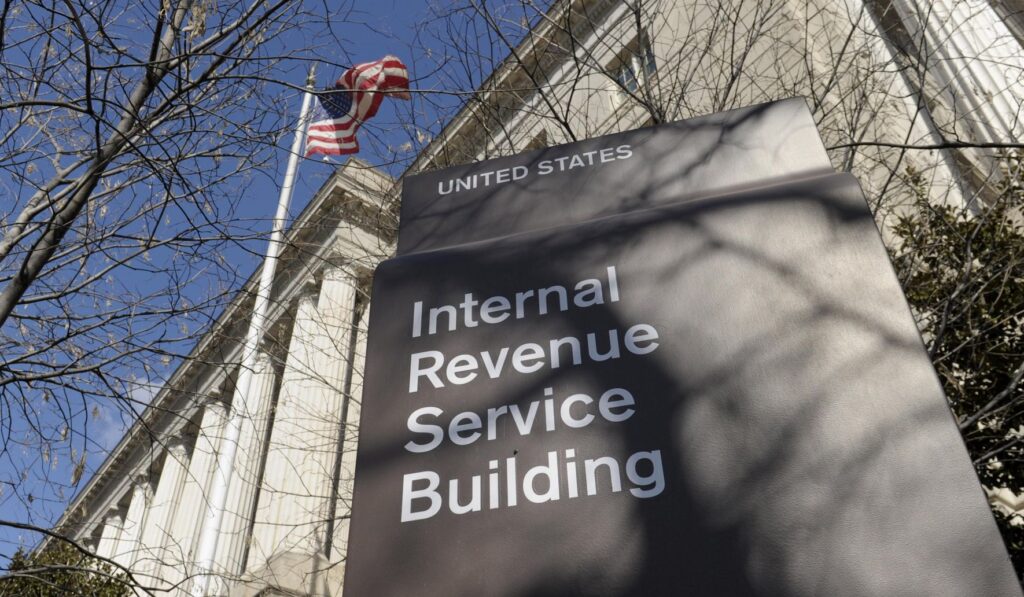The IRS has told Congress it will scrap the controversial Direct File program it created during the Biden administration, doing away with a government-run free-filing alternative to paid services.
The IRS notified lawmakers that it will end the Direct File initiative, a web-based free tax-filing option launched under the Biden administration. That program aimed to give taxpayers a government-run alternative to commercial tax software but never achieved broad adoption.
Republican critics argued from the start that the agency should not be building consumer products that compete with private companies. They raised concerns about mission creep, arguing the IRS needs to stick to tax collection and enforcement, not running a rival to industry services.
Questions about cost and effectiveness followed Direct File through its short life. Reports showed low take-up and high development costs, which Republicans used as evidence the project was a poor use of taxpayer money and management attention.
Data security and privacy were central to the pushback. The IRS handles some of the most sensitive financial information in the country, and lawmakers warned that adding a consumer-facing filing portal created unnecessary risk and exposure.
Former program defenders pointed to the goal of making filing easier for low-income and simple-return filers, but Republicans said the private sector and existing volunteer programs already cover those needs. They argued competition and market-driven tools offer better innovation without expanding government reach.
The decision to scrap Direct File shifts the landscape for free filing options. Taxpayers are likely to continue relying on partnerships between the IRS and private companies or on paid preparers and commercial software for more complex returns.
Republican oversight will focus on two threads: recovering wasted taxpayer dollars and preventing future forays by the IRS into consumer services. Lawmakers signaled they will press for clearer guardrails, stricter project approvals, and more scrutiny of any large IT initiatives within the agency.
Operationally, the IRS will need to reallocate staff and resources that had been devoted to the Direct File project. That reallocation raises practical questions about timelines for new systems, how existing code will be archived or disposed of, and what happens to data created during the program.
Some taxpayers welcomed the end of a program they never used, while others worry about loss of promised simplicity. Republicans emphasized that the solution should protect taxpayer privacy, limit agency scope, and encourage private firms to keep improving low-cost filing tools.
Lawmakers on both sides may still debate ways to reduce the time and cost of tax filing, but Republicans prefer market-based fixes, simpler forms, and targeted relief for filers who genuinely need free support. The Direct File episode has reinforced calls to keep the IRS focused on its core mission rather than building consumer-facing products.
As Congress digests the IRS notice, expect hearings and requests for detailed briefings on expenses, contracts, and the technical reasons behind the shutdown. The outcome will influence how federal tax administration and technology projects are handled going forward, with Republicans pushing for tighter limits on agency expansion into services that compete with the private sector.



